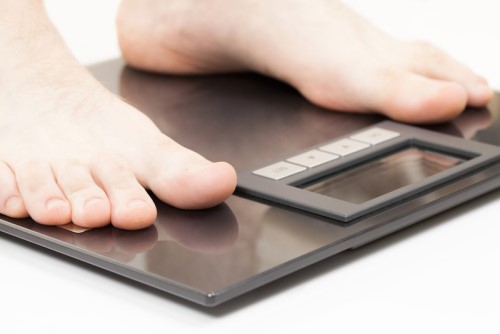BMI was invented because of the need to review the risk factors of obesity and the state of being overweight. The federal government also uses BMI research as a means to keep track of the statistics of people’s weight condition nationwide. And while the aforementioned might seem like an exciting invention, many people beg to differ on its accuracy.
Why Are BMI Indicators Used?
BREAKING: Shed 42 lbs In 30 Days With This Simple Night-time Pill
BMI or body mass index indicators are considered convenient, easy, and fast when used correctly. Any adult can check their BMI at the comfort of their home by doing simple math. After calculating, there are suggested figures that help to determine if you fall below, within, or above the recommended index for your body requirement. Follow these three easy steps below to know your BMI :
- Calculate your weight in pounds
- Divide your weight value by the square of your height in inches
- Multiply the results by 703
And there you have it, straight to the point. But just in case you don’t find the calculation interesting, check out the BMI calculator by CDS.
Also, see what your index means here:
- Below 18.5 = underweight
- 5 – 24.9 = normal
- 25 – 29.9 = overweight
- 30 and over = obese
If you disagree with the index’s accuracy following the above method, it is essential to consider some approved alternatives or see an expert to guide you through.
Could BMI Be Flawed?
Studies have shown that getting an accurate BMI is usually altered. For example, in most cases of calculating BMI either manually or digitally, people usually input wrong values as their weight and height leading to alterations. In addition, researchers believe health risks shouldn’t be dependent solely on BMI indicators because there’s no telling whether the index refers to weight accumulated from fat, muscles, or bone density, amongst other aspects left out.
TRENDING: New Natural Pill Melts Belly Fat
Here’s The Alternative
Getting a proper check-up often and prioritizing a healthy lifestyle, helps you lower the risk of exposing yourself to severe health conditions like heart disease, diabetes, and so on. Still, whatever result you get after checking your BMI, it doesn’t have to mean you’re heading for the worst; let it stur awareness in you and help you take the necessary precautions instead!








